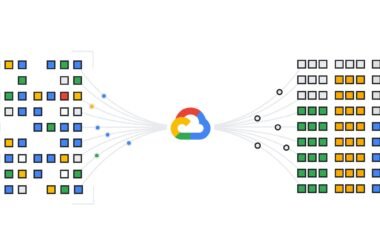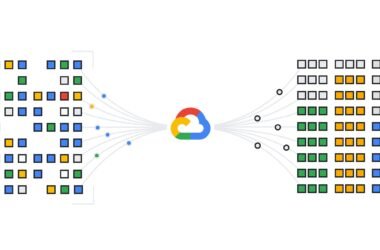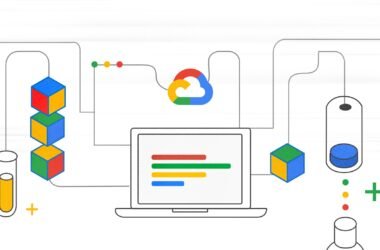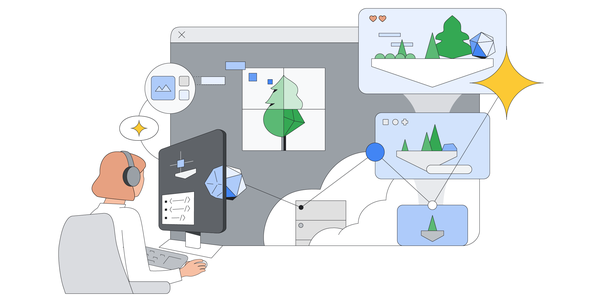Over the last year, we have seen the live game model explode in popularity, with live service modalities now incorporated into just about every top game release. Player engagement is at an all-time high, and a significant portion of that comes from live games. A recent survey paints a clear picture: a staggering 95% of studios are developing some form of a live game experience. In fact, Electronic Arts (EA) reported that live services comprised more than 73% of its business in 2023, even while EA continues to release traditional retail games. This is a testament to the power of this evolving model and signifies a crucial shift – developers understand the need for games that evolve alongside their passionate player bases.
Now, with generative AI (gen AI), there is an opportunity for developers to take live games to the next level. Enter: living games. Living games will transform the games landscape, empowering creators — designers, developers, artists, and marketers — to reimagine their workflows and craft experiences in ways that were previously unimaginable.
Live games: a new era, new needs
For players, live games offer exciting features like constant updates, new content, and long-term support. For developers to keep pace they turn to Google Cloud, allowing them access to the infrastructure needed to build these seamless virtual experiences. But it’s not just about game servers — databases are equally crucial. Games live and breathe on player data. For every ‘prestige’ and ‘platinum’ earned within a game, Google Cloud ensures that they’re all meticulously remembered. We also equip developers with insights that allow them to refine player engagement strategies. With live games, developers can:
- Launch and operate planet scale games: Of course, before anything else, a game simply has to work when a player wants to game! Google Kubernetes Engine (GKE) provides a scalable foundation for managing game servers, effortlessly accommodating player fluctuations. Cloud Spanner offers a globally distributed, high-performance database ideal for the always-on demands of live games. Store player profiles, in-game economies, and more, ensuring smooth gameplay for a massive, worldwide player base.
- Make data-driven decisions: Analytics are paramount. Understanding player behavior through robust data analysis using BigQuery and Looker allows developers to tailor content and features for maximum engagement. Imagine a game that dynamically adjusts difficulty based on a player’s performance tracked in BigQuery and visualized in Looker.
By providing a powerful, adaptable, and secure platform for live games, developers can focus on what they do best: crafting exceptional games and building thriving player communities.
Live games transform into living games with generative AI
As we look ahead, living games will disrupt the live game model. Now, the game itself will be an active participant. Gone are the days of static experiences. Using Google Cloud products like GKE and Vertex AI, developers can create personalized games that dynamically adapt based on player choices, generating unique quests and challenges, and continuously evolving their narratives. This creates a deeper level of player immersion and engagement, leading to a more enriching experience for everyone involved.
NCSOFT, a global game developer and publisher of popular titles including Guild Wars 2 and Blade & Soul, is using Google Cloud’s AI infrastructure to power its in-house large language model (LLM) set, VARCO LLM. NCSOFT’s VARCO LLM is specialized for generating high-quality content required for game development. Using VARCO LLM, NCSOFT has developed a suite of AI power tools ranging from text creation, managing “digital” human characters, player-to-virtual-character conversation, and dynamic storyline generation based on player actions. The result is a more engaging and dynamic gaming experience for players.
Building the future of play through a collaborative ecosystem
The future of games is also collaborative. By fostering a thriving ecosystem of game developers, technology providers, and players, we are building truly living worlds that push the boundaries of storytelling and engagement.
Google Cloud goes beyond just offering its own technology and infrastructure. We act as a bridge, connecting you to the most powerful and innovative game-development tools from industry leaders.
For example, Replica Studios, an AI voice technology company, is partnering with Google Cloud, and GlobalLogic to enhance game production, gameplay, and distribution. Replica Studio’s Voice Lab technology breathes new life into non-player characters (NPCs) and stories with advanced, cost-effective gen AI. Replica’s Voice Lab takes its cues from a prompt to generate a unique voice, which when combined with Google’s Gemini language models, can utilize a game’s assets, environment, and lore to create a cast of thousands of diverse characters with unique voices, personalities, motivations, and behaviors. Replica Studios, Globallogic and Google Cloud are ushering in a new era of living games that will define the next generation of interactive entertainment.
Google Cloud’s partner ecosystem provides access to the latest engines, online back-end solutions, Web3 platforms, and gen AI tools, empowering game developers to focus on what matters most: crafting experiences that resonate with players on a deeper level, forging lasting connections, and a shared sense of community within living games.
Google Cloud stands ready to empower the next generation of game experiences. Transformative technologies like gen AI allow developers to unleash their creativity and bring to life games that are more immersive, dynamic, and deeply engaging than ever before. The future of play is bright, and with Google Cloud as a partner, developers have the tools and support to make their most ambitious visions a reality.
To learn more about Google Cloud for Games, visit goo.gle/cloudforgames. Posted in






